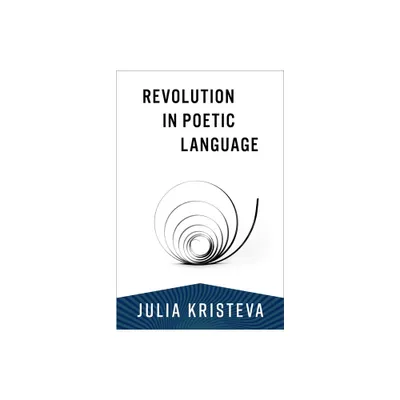Home
Melodious Guile: Fictive Pattern in Poetic Language
Loading Inventory...
Barnes and Noble
Melodious Guile: Fictive Pattern in Poetic Language
Current price: $35.00


Barnes and Noble
Melodious Guile: Fictive Pattern in Poetic Language
Current price: $35.00
Loading Inventory...
Size: OS
*Product Information may vary - to confirm product availability, pricing, and additional information please contact Barnes and Noble
Demonstrating a poet’s imaginative ear and a critic’s range of concern, John Hollander here writes about the "melodious guile" with which poetry speaks to us. Through analysis of formal and rhetorical patterns in examples chosen from the whole spectrum of English and American poetry, Hollander describes how poems form self-reflexive parable in order to represent realms beyond themselves.
"As astute a book about poetry as anyone has produced in the last five years."—David Lehman,
Newsday
"A lively and enlivening work of criticism."—
Library Journal
"Hollander, himself a fine poet, is such a generalist; and
Melodious Guile
, to my mind the best of his critical books, takes its place . . . among the very few enjoyable and enriching studies of how poetry works."—Alastair Fowler,
London Review of Books
"An incisive display of beautifully integrated erudition. John Hollander demonstrates, just as post-structuralism is waning, that there are other, more cogent theoretical terms for thinking about poetry and for a return to the reading of poetry."—Robert Alter, University of California, Berkeley
Nominated for a 1988 National Book Circle Award in Criticism
"As astute a book about poetry as anyone has produced in the last five years."—David Lehman,
Newsday
"A lively and enlivening work of criticism."—
Library Journal
"Hollander, himself a fine poet, is such a generalist; and
Melodious Guile
, to my mind the best of his critical books, takes its place . . . among the very few enjoyable and enriching studies of how poetry works."—Alastair Fowler,
London Review of Books
"An incisive display of beautifully integrated erudition. John Hollander demonstrates, just as post-structuralism is waning, that there are other, more cogent theoretical terms for thinking about poetry and for a return to the reading of poetry."—Robert Alter, University of California, Berkeley
Nominated for a 1988 National Book Circle Award in Criticism


















